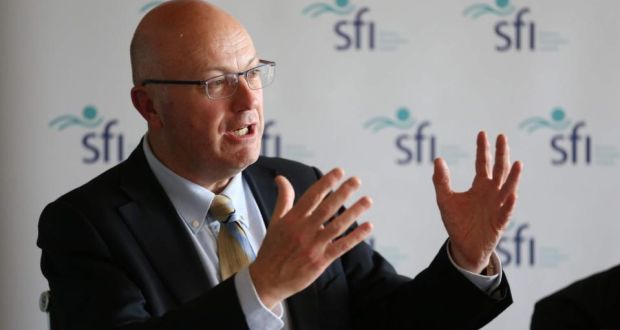The Department of Education and Science Foundation Ireland (SFI) are at odds over research and education policy, particularly when it comes to the government’s plans for innovation and “future jobs”, with divisions emerging over how best to allocate SFI money in the coming years.
The Irish Times this morning reported that the government and SFI – the country’s largest state-funded research body – were split on a positive future for the agency ahead of the launch of its five-year strategic plan.
In a five-page letter to SFI, penned by senior department official William Beausang, the government warned that SFI “needs to be much more closely aligned with other Government blueprints on innovation, future jobs and skills”.
The divisions are likely to lead to more questions about the role of research in third-level education, amid ongoing contention between universities and the government over the need to fund “blue-skies” research as well as research done in collaboration with industry. University leaders, including Provost Patrick Prendergast, have argued the government’s “industry led” approach to research funding is “short sighted”.
In the letter to SFI, Beausang wrote that when it comes to the future of the agency, there “is a responsibility to ensure that individual strategies are aligned to and follow national policy and strategy”.
He also wrote that he hoped SFI would consider the department’s own scientific plan – Innovation 2020 – before making any judgements on how public funds should be spent.
The letter also called the development of technological universities the “single most important development in the HE [higher education] landscape over the next number of years”, calling on SFI to give the new institutes “a significant focus” in its strategy.
And it calls on SFI to work more closely with the Higher Education Authority (HEA), the country’s advisory body on higher education. The HEA, Beausang wrote, is “more than just one of the many parties to be consulted within the formulation of your strategy. In this department’s view, additional significant consultation and engagement with the HEA is essential to putting a successful strategy in place”.
“Any future development of the SFI Research Centres programme needs to recognise that the HEA core funding is an essential part of their operation”, the letter says.
Beausang warned that SFI should stick to its remit, raising concerns over a potential “loss of focus, challenges in reconciling competing priorities and potentially impacting on the prioritisation of core work”.
The government’s future jobs strategy has seen it prioritise innovation and software research in recent funding decisions. In December 2019, it announced the creation of almost 3,000 new places on 138 undergraduate college courses in institutes all over the country.
Some 22 third-level institutes received investment in order to create new places on courses deemed “high priority” by the government, including information and communication technologies and software development.
The funding, which will see 2,745 new places created, was allocated after a competitive funding call that saw a focus placed on dealing with “the challenges of the future”.
None of the funding was allocated to courses in the arts or humanities, according to figures released by the government.







